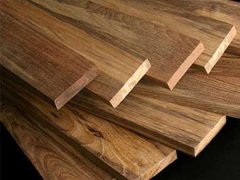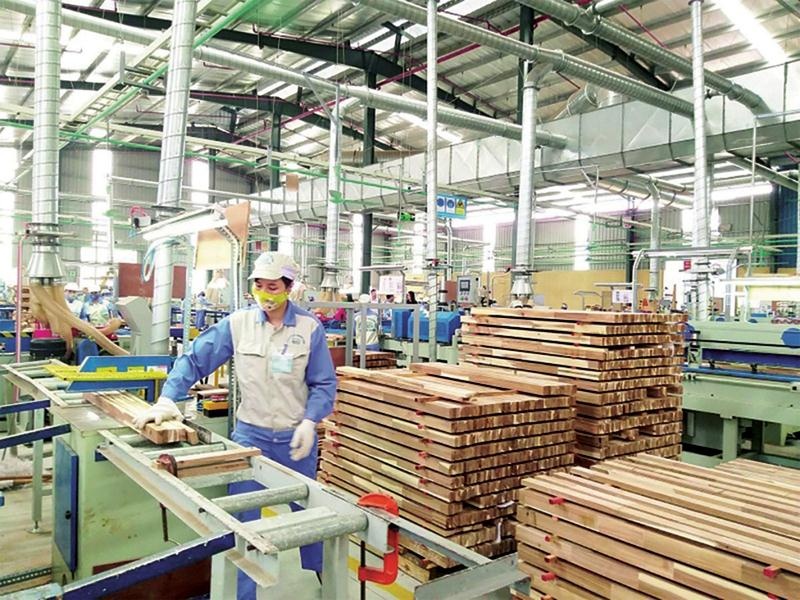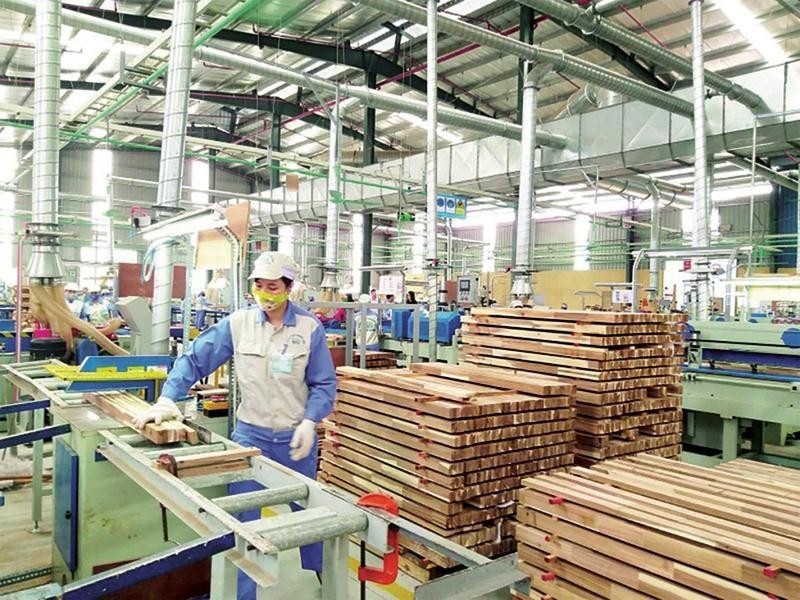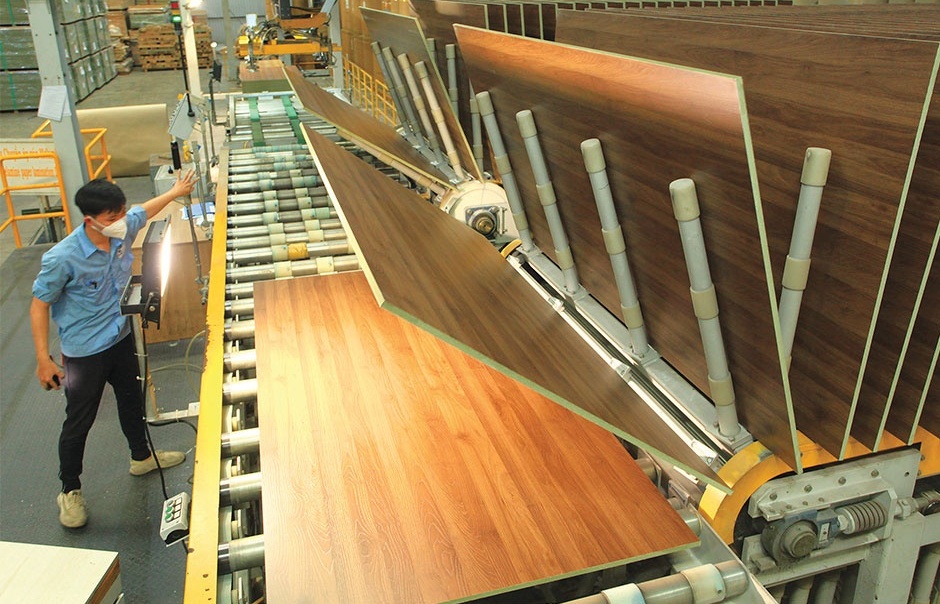China wood imports increases prices in Vietnam
Nguyen Huy Cuong, manager of a Dong Nai-based sawmill, said many Chinese traders and their Vietnamese representatives buy up all kinds of wood at up to 10 per cent higher prices than local buyers.
Some of them opt for planed wood to enjoy the lower export duty of 5 per cent. Timber attracts a 10 per cent duty.
Last year too Chinese buyers bought raw wood to take back to China, sending rubber wood prices up by 20 per cent.
Trinh Kim Thanh, director of Dong Nai-based furniture maker Kien Phuc Company, said wood prices have gone up several times this year.
“It is risky to sign new contracts since wood costs continue to rise,” she said worriedly.
A wood processor said timber prices had shot up in China, making Vietnam a good source for the Chinese wood processing industry.
According to the customs department, wood exports to China surged 63 per cent year-on-year to $344 million as of the end of July.
With this, China became for the first time Vietnam’s second largest timber importer after the US, which bought wood worth $745 million in the same period.
Nguyen Ton Quyen, deputy chairman of the Vietnam Timber and Forest Product Association, said the rising export to China is not exactly good news.
“The question is what kind of wood they buy from us.”
He said it would be good if China imported wood products.
“But if they buy raw wood, we must be wary of a supply shortage for the domestic wood processing sector,” he explained.
Nguyen Chien Thang, chairman of the Handicraft and Wood Industry Association (HAWA), said only a few wood processing businesses have their forests to grow timber, with the others having to buy on the market.
Tran Quoc Manh, HAWA’s deputy chairman, was quoted by Sai Gon Tiep Thi newspaper as saying, “The rising raw-material costs will force local processors to hike their prices, thus lowering their competitiveness with Chinese businesses.”
What the stars mean:
★ Poor ★ ★ Promising ★★★ Good ★★★★ Very good ★★★★★ Exceptional
 Tag:
Tag:
Related Contents
Latest News
More News
- Vung Tau in hunt to become stronger economically (June 13, 2025 | 11:20)
- Supporting industries challenged to level up (June 13, 2025 | 11:15)
- Businesses urged to invest proactively in face of tariffs (June 13, 2025 | 10:53)
- Vingroup and VinEnergo to develop LNG power plant in Haiphong (June 12, 2025 | 17:24)
- SK Group proposes $10 billion in LNG investments across Vietnam (June 11, 2025 | 15:45)
- More finished public plans in the works (June 11, 2025 | 09:57)
- All challenges to be addressed to assist struggling companies (June 11, 2025 | 09:46)
- Pathways outlined for green ambitions (June 11, 2025 | 09:34)
- Promising climate tech segments consider options (June 11, 2025 | 09:23)
- Government pushes to complete four expressway projects in 2025 (June 10, 2025 | 13:04)




















 Mobile Version
Mobile Version